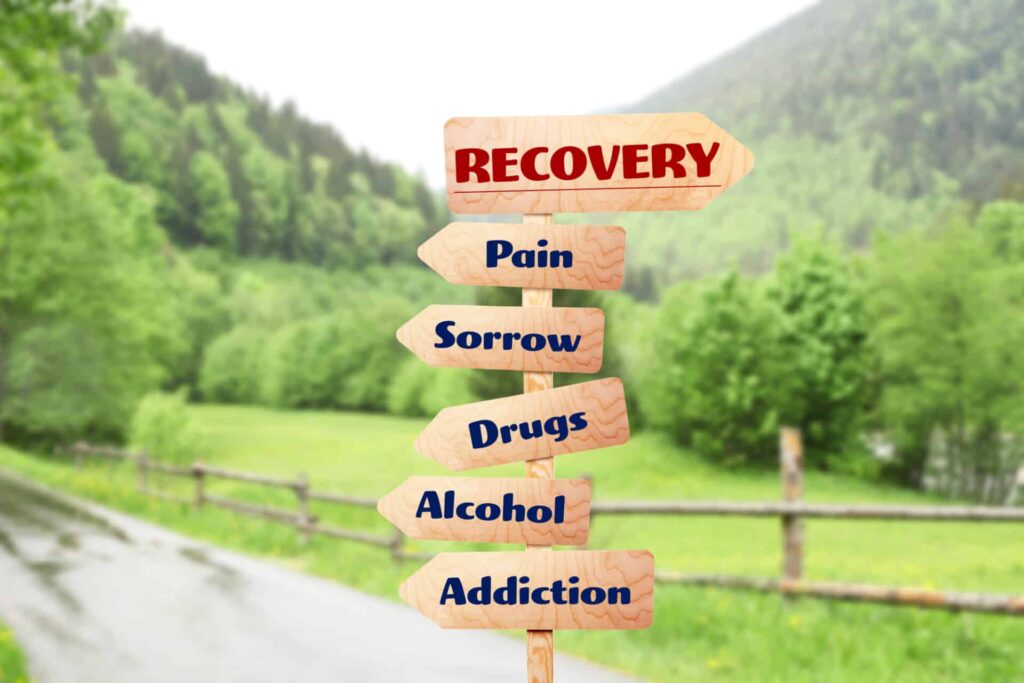Trick Kind Of Dependency Treatment: Navigating Alcoholism Recovery Through Evidence-Based Practices
In the world of alcohol dependency healing, the assimilation of Cognitive-Behavioral Treatments (CBT) and Medication-Assisted Treatment (FLOOR COVERING) notes a pivotal stride towards efficacy and patient-centered care. When these evidence-based practices are supplemented with alternative techniques, such as mindfulness and dietary assistance, they develop a durable structure for treatment.

Comprehending Cognitive-Behavioral Treatments in Alcoholism Recuperation
As alcohol dependency healing develops, cognitive-behavioral treatments (CBT) have arised as a keystone in effective treatment approaches. CBT operates the concept that maladaptive actions, such as too much alcohol consumption, are driven by useless ideas and beliefs. Therapy concentrates on determining these negative patterns and teaching individuals how to test and change them with more positive reasoning. This treatment is not just regarding taking care of actions yet also improving cognitive procedures, which can cause sustained sobriety. Procedure typically entail practical skills training, such as dealing approaches for taking care of cravings and stress and anxiety management techniques. The adaptable nature of CBT permits it to be tailored to the one-of-a-kind needs of each individual, boosting its effectiveness in the world of alcohol recuperation.

The Role of Medication-Assisted Therapy in Taking Care Of Withdrawal and Cravings
Medication-assisted therapy (MAT) plays a critical duty in the management of withdrawal signs and symptoms and food important site cravings in people recovering from alcohol addiction. addiction recovery center. Such integration sustains the retention in therapy programs and contributes dramatically to protecting against regression, noting Floor covering as a cornerstone of effective alcohol dependency therapy.

Incorporating All Natural Strategies With Conventional Therapies for Comprehensive Treatment
While medication-assisted therapy supplies a fundamental approach to alcohol recovery, incorporating holistic methods with conventional treatments supplies an extra detailed care design. This synthesis makes it possible for the treatment of the entire individual, dealing with not only the physical elements of dependency but additionally the emotional, psychological, and spiritual dimensions. Methods such as mindfulness, yoga, and acupuncture enhance cognitive-behavioral treatment (CBT) and group sessions, supporting stress and anxiety decrease and psychological law. Nourishment and exercise programs even more improve physical health and resilience. By integrating these diverse approaches, therapy programs can tailor interventions to individual demands, promoting a much more lasting recovery. This integrated method emphasizes the value of a multifaceted approach in look at this now the efficient therapy of alcohol content dependency.
Conclusion
Finally, reliable alcohol addiction healing leverages a combination of evidence-based techniques. Cognitive-Behavioral Treatments reframe negative attitude, while Medication-Assisted Therapy deals with the physical difficulties of withdrawal and desires. Integrating alternative techniques, such as mindfulness and proper nutrition, with standard therapies ensures an extensive treatment strategy. Tailored to private needs and sustained in time, these techniques collectively improve the likelihood of continual soberness and general health in recuperating individuals. opioid addiction treatment.